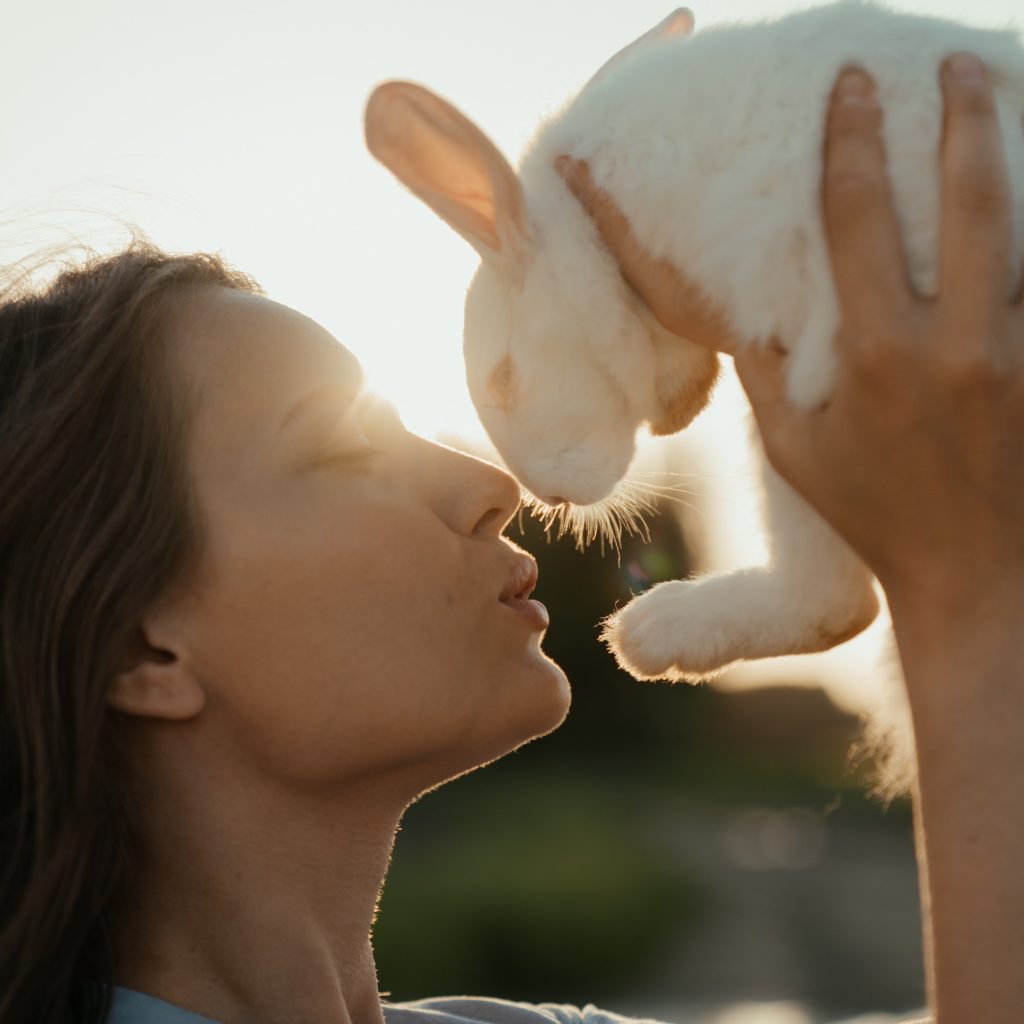Rabbits are popular household pets known for their adorable appearance and playful nature. One of the most important aspects of caring for a rabbit is providing them with a healthy and balanced diet. Choosing the right food for your rabbit is crucial to ensure their overall health and well-being. In this article, we will discuss the key factors to consider when selecting the best food for your rabbit.
Understanding a Rabbit’s Nutritional Needs
Rabbits require a specific balance of nutrients to maintain good health. A high-fiber diet is essential for their digestive health, while a moderate amount of protein is necessary for muscle maintenance. Additionally, vitamins and minerals are necessary for proper growth and development.
It is important to provide a balanced diet for your rabbit to avoid health problems such as obesity, dental issues, and digestive problems. Feeding your rabbit an inappropriate diet can lead to serious health issues, including malnutrition and even death.
Types of Rabbit Food
There are several different types of food available for rabbits, including hay, pellets, vegetables, and fruits. Hay should be the main component of a rabbit’s diet, as it provides the necessary fiber for their digestive health. Pellets can be given in small amounts as a supplement to hay, but should not make up the majority of a rabbit’s diet.
Vegetables and fruits can be given as treats or to provide additional nutrients, but should be introduced gradually to avoid digestive issues. It is important to choose fresh and high-quality products and to avoid giving your rabbit sugary or starchy foods.
When selecting rabbit food, it is important to choose a brand that provides a balanced diet and does not contain any harmful ingredients. Look for food with high-quality ingredients and avoid those that contain fillers or artificial preservatives.
Feeding Tips for Your Rabbit
Feeding your rabbit the right amount of food is crucial for their health. Overfeeding can lead to obesity and other health problems, while underfeeding can lead to malnutrition. A general rule of thumb is to feed your rabbit about 1/4 to 1/2 cups of pellets per day, along with unlimited access to hay.
Fresh water should be available to your rabbit at all times, either in a bowl or a water bottle. It is important to clean the water dispenser regularly to prevent bacteria buildup.
When introducing new foods to your rabbit’s diet, it is important to do so gradually to avoid digestive issues. Start by introducing small amounts of new food and gradually increase the amount over a period of several days.

Foods to Avoid
Some foods are harmful to rabbits and should be avoided. Chocolate, caffeine, and certain vegetables, such as onions and garlic, can be toxic to rabbits. Additionally, feeding your rabbit human food or commercial treats can lead to digestive issues and health problems.
Ending Lines
In conclusion, providing your rabbit with a healthy and balanced diet is essential for their overall health and well-being. A diet that includes hay, pellets, vegetables, and fruits, in moderation, can provide your rabbit with the necessary nutrients for a healthy life. Remember to introduce new foods gradually and avoid foods that are harmful to your rabbit. By following these simple tips, you can ensure that your furry friend remains happy and healthy.